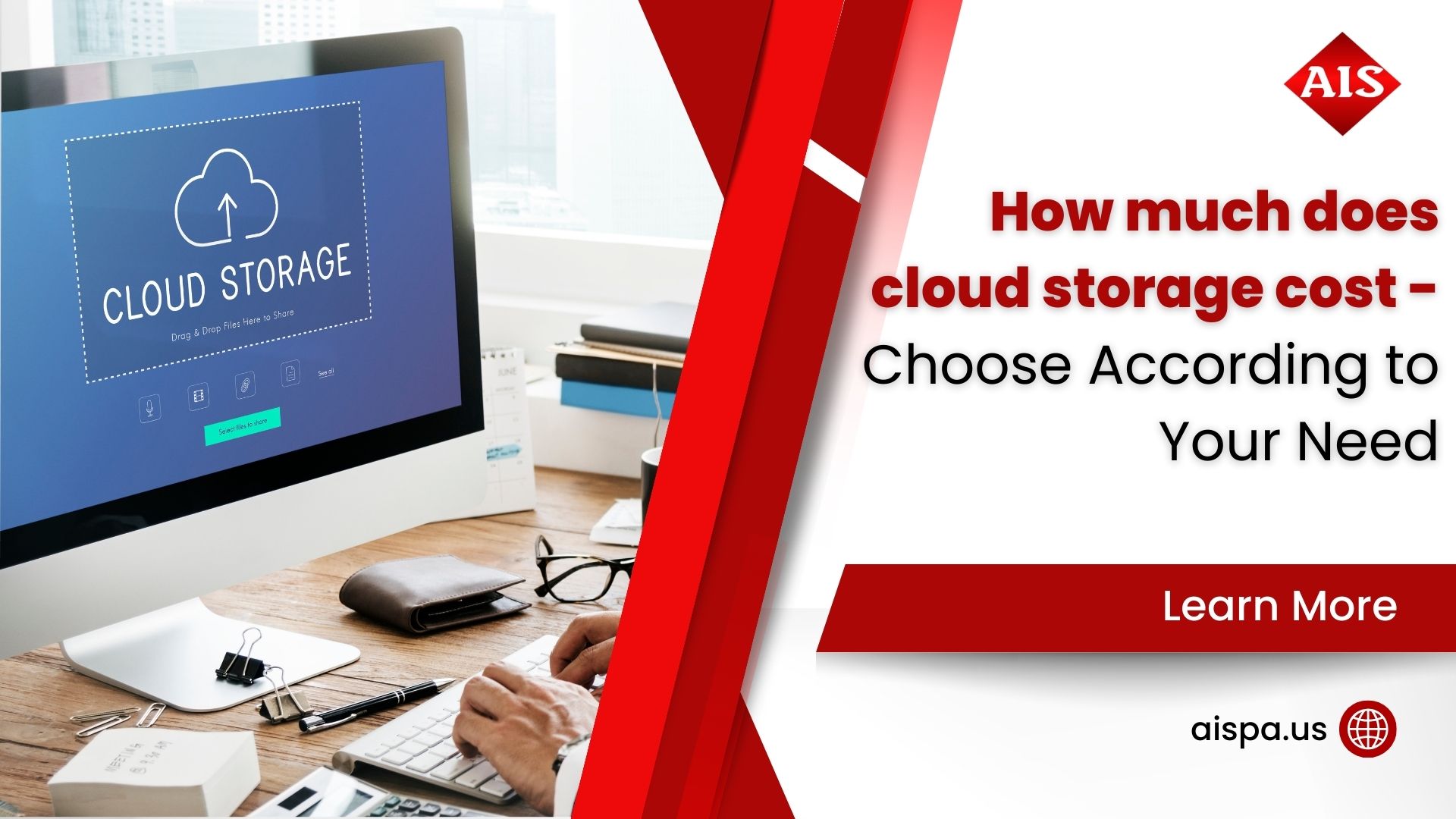Essential Business Continuity Strategies for Corporate Data Backup
Corporate data backup is an essential strategy for ensuring business continuity in the face of potential data loss incidents. Without a reliable backup and recovery plan in place, the risk of data loss can have devastating consequences for any organization’s data. Whether it’s a data breach, data migration, or a natural disaster, having a comprehensive data backup solution is crucial to protect your business data and resume operations with minimal disruption.
Creating a data backup strategy involves more than just storing data in a secure location. It requires regular data backups, efficient backup processes, and access to data stored in multiple data centers. With the right backup system in place, businesses can reduce the risk of data loss and ensure that valuable data is safe and secure. By providing comprehensive data protection, backup service providers play a vital role in safeguarding an organization’s data and ensuring business continuity.
What Are Corporate Data Backups?
Let’s delve into the different types of data backups and the importance of having a solid backup plan. When it comes to protecting your business-critical data, there are various storage solutions available to ensure that your data remains secure and easily retrievable. One of the most effective backup capabilities is the incremental backup, which only backs up the data that has changed since the last full backup, reducing the volume of data that needs to be stored.
Cloud storage and cloud backup are also essential components of a corporate backup policy, providing comprehensive data protection and privacy. By regularly backing up your data to the cloud, you can reduce the risk of data loss in case of a disaster and ensure that you can quickly retrieve data and resume normal operations. Additionally, backup retention and recovery point objectives are crucial factors to consider when creating a backup plan to protect your valuable data. The importance of backup in place cannot be overstated, as it ensures that your data is safe and secure, even in the event of data changes or different data types.
Why Is Corporate Data Backup Important?
By having a data backup in place, you can significantly reduce the risk of data loss due to unforeseen events such as hardware failures, human error, or cyber attacks. This is where disaster recovery and backup as a service come into play. These solutions ensure that all the data you need is backed up and stored securely, protecting your business from potential data loss incidents.
In addition to protecting data, a corporate policy of regular data backups ensures that you can restore data in case of a data privacy breach or other security threats. This not only provides comprehensive data protection but also reassures your customers that their data is safe with you. Furthermore, in the event of a disaster, the backed-up data can be used to resume business operations, minimizing the impact on your organization. Understanding the importance of data backup and implementing a solid backup and recovery process is essential in today’s digital landscape.
Corporate Data Backup Solutions
When it comes to safeguarding your valuable data, there are various options to consider. Removable media, like USB drives, offer a convenient way to store and transport a small amount of data. External hard drives provide a larger storage capacity for your data storage needs.
Cloud backup services allow you to securely store your data offsite, reducing the risk of data loss. Backup providers offer comprehensive data protection, ensuring that your data is safe and secure. Whether you need corporate data backup or simply want to ensure your personal data is backed up regularly, exploring different backup options can provide peace of mind and security for your stored data.

1. Removable Media
When it comes to backing up your organization’s data, it’s essential to find the right solution that ensures your data is safe and secure. Removable media provides a convenient way to transfer and store data, but it lacks the capacity to back up your entire data safely.
While USB drives and CDs may be handy for quick file transfers, they are not the most reliable option for creating a comprehensive data backup. Additionally, using removable media for data backup may result in data loss and compromise the security of your valuable information. Therefore, it’s crucial to explore more robust and secure backup solutions to protect your organization’s data.
2. External Hard Drives
After considering the use of removable media, another option for backing up data is through the use of external hard drives. These devices provide a convenient and secure way to store and transfer large amounts of data. With capacities of up to 1TB, external hard drives are able to hold a significant amount of information, making them an ideal choice for organizations with extensive data storage needs.
In addition, external hard drives provide comprehensive data protection, reducing the risk of data loss and ensuring that your valuable data remains secure. This method also offers a quick recovery time in case of any data recovery needs, providing peace of mind for organizations looking to create a reliable data backup solution.
3. Cloud Backup
With the increasing amount of cyber threats, data security has become essential for any organization. Creating a data backup ensures that your data is secure and easily accessible in case of any data loss incident. Cloud backup services offer a reliable solution for backing up your data regularly.
By encrypting your data and storing it in a remote location, cloud backup reduces the risk of data breaches and provides data retention for as long as you need. This not only keeps your data secure but also allows you to retrieve data and resume operations swiftly in case of any data loss. Utilizing cloud backup services is an effective way to protect your business from potential data loss due to cyber threats.
4. Backup Services
Now, let’s delve into the world of Backup Services. These specialized providers offer a comprehensive solution to ensure the safety and security of your organization’s valuable data. With their expertise, backup software, and advanced hardware devices, they can store infinite amounts of data and encrypt it to keep it safe from any malicious activity.
Backup services go beyond just creating a data backup and recovery plan; they provide peace of mind knowing that your critical data is in safe hands. In the event of a data loss incident, these professionals can swiftly retrieve your data and resume normal business operations. Their efficient backup capabilities reduce the risk of data loss and ensure that your data remains secure.
Creating a Corporate Data Backup Plan
After implementing a 3-2-1 backup strategy, it’s crucial to focus on regular backups. Setting up a schedule to create physical copies of your data ensures that your essential information is backed up and secure. Higher storage options provide the flexibility to accommodate your growing data needs.
Creating a data backup plan that includes differential backups, you can ensure that your data is backed up efficiently. This backup provides peace of mind knowing that your data is safe and can be easily retrieved in case of an unexpected data loss incident. So, let’s dive into these subtopics and ensure your organization’s data is protected and secure.

3-2-1 Backup Strategy
Transitioning from understanding corporate data backup solutions, let’s now delve into the 3-2-1 backup strategy. This approach involves creating three copies of your essential data, each stored in two different storage solutions, with at least one copy stored remotely.
This ensures that even in the event of a disaster or loss of access to your premises, you can still retrieve your data and resume operations without disruption. The 3-2-1 backup strategy provides an extra layer of security and peace of mind, knowing that your valuable data is safely stored in multiple locations.
Regular Backup
Regularly backing up your data is essential to ensure the safety and security of your valuable information. By creating a data backup plan that includes automatic daily backups, you can rest assured that your data is protected and will be readily available in case of any unforeseen circumstances.
Failing to back up your data regularly can result in data loss, and the potential impact on your business can be significant. Therefore, it is crucial to prioritize regular backups to safeguard your data and resume smooth business operations without any disruptions.
Create Physical Copies
Transitioning from the importance of higher storage options, let’s now focus on the significance of creating physical copies of your valuable data. Picture this: a secure, fireproof safe nestled in the corner of your office, holding physical copies of your most critical information.
These physical copies provide an extra layer of security, as they cannot be accessed remotely, adding an additional barrier against unauthorized access. In the event of a cyber breach, having physical copies ensures that you can still access your data and resume operations without relying solely on digital backups. It’s a timeless and reliable method to safeguard your essential information.
Higher Storage Options
When considering higher storage options for your data, it’s important to prioritize the value of your information. Opting for minimal storage may seem cost-effective, but it could lead to critical data being left unprotected. Investing in higher storage options ensures that all your valuable information is safeguarded, reducing the risk of data loss and potential setbacks.
By prioritizing the safety and accessibility of your data, you can ensure that your organization is prepared for any unforeseen circumstances. It’s essential to prioritize the security and accessibility of your data and invest in higher storage options to safeguard your organization’s valuable information.
How Often Should a Company Back up Its Data?
Transitioning from creating a corporate data backup plan, let’s now delve into the frequency with which a company should back up its data.
Ensuring the safety and security of your company’s valuable information is essential, and one way to achieve this is by establishing a regular data backup schedule. It’s important to consider the nature of your business and the type of data you deal with when determining how often data should be backed up. For businesses that handle critical and rapidly changing data, such as e-commerce platforms or financial institutions, more frequent backups are advised to minimize the risk of data loss in case of an incident.
Automated backup solutions can simplify this process, allowing you to create a data backup schedule that aligns with your specific needs. By setting up customizable settings, you can ensure that your data is backed up at the frequency that best suits your business operations. This proactive approach not only safeguards your data but also provides the peace of mind to focus on the growth and success of your company.
What Is the Safest Way to Back up Data?
When it comes to safeguarding your valuable information, it’s essential to consider the most secure and reliable methods for protecting your data. The 3-2-1 backup strategy, which involves creating three copies of your data, provides an effective way to ensure the safety and accessibility of your data and resume. By storing two copies locally on different devices and one copy in an off-site location, you create a robust defense against potential data loss incidents.
This approach minimizes the risk of data loss and provides peace of mind knowing that even in the event of hardware failures or natural disasters, your data remains secure and accessible. Not only does this method protect your data, but it also safeguards your business and ensures continuity in the face of unforeseen challenges.
Remember, when it comes to protecting your organization’s data, it’s crucial to prioritize the safety and security of your information.
Conclusion
In conclusion, safeguarding your company’s information is vital for maintaining operations in the face of unexpected events. By implementing a robust data backup plan, you can ensure that your business remains resilient in the event of data loss. It’s imperative to regularly assess and update your backup strategy to account for any changes in your data storage needs.
Remember to choose a data backup solution that aligns with your organization’s unique requirements and risk tolerance. With a well-crafted backup plan in place, you can rest assured that your valuable data is safe and your business can quickly recover from any potential setbacks.
For more information and services you can contact us for a free quote and estimation.
- Address: 165 Veterans Way, Warminster, PA 18974
- Email: sales@aispa.us
- Call Us: (215) 999-8445











